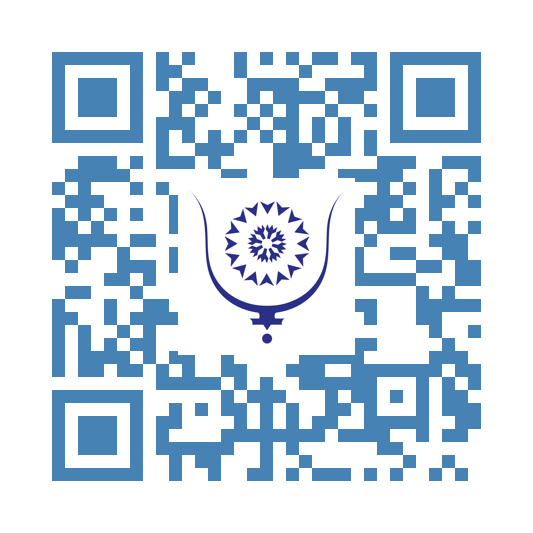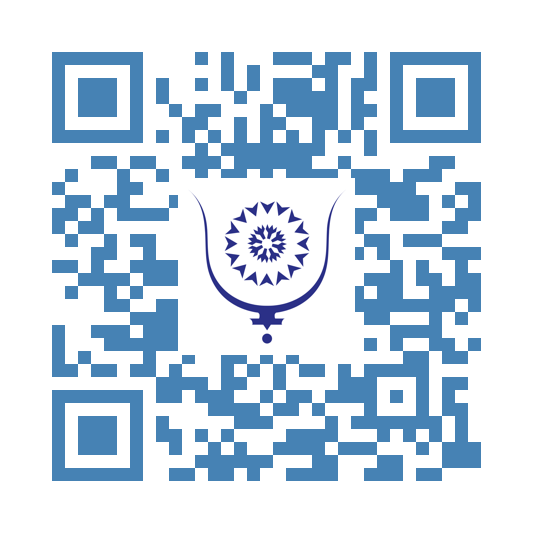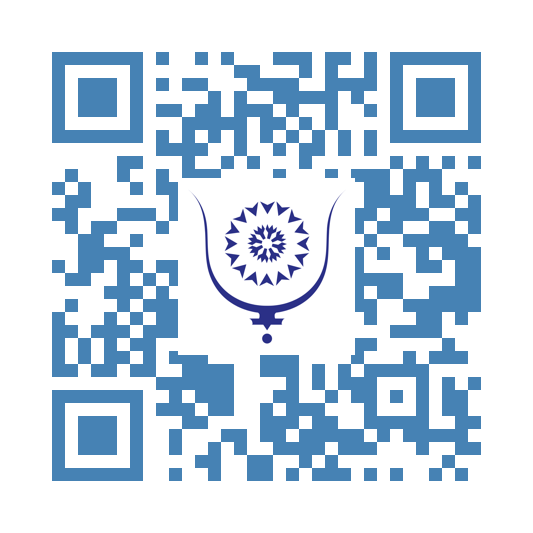A Last Chance: The King of Morocco’s Message to Algeria on the Sahara Issue... 7870
His Majesty the King's speech, delivered on July 28, 2025, on the occasion of the Throne Day, carries particular significance in a diplomatic context that is admittedly new but has been developing for a long time. The recent circumstances are marked by the tour of Massad Boulos, father of one of Donald Trump’s sons-in-law and special envoy of the President to the region. These circumstances are further highlighted by the remarks before the U.S. Congress of the newly appointed ambassador to Rabat, who is very close to the President. Richard Duke Buchan III did not mince words: the Sahara is Moroccan. He knows the region well, having been ambassador to Spain.
This situation says a lot about the current dynamics of the conflict over the Moroccan Sahara and about Algeria’s troubled stance on this issue.
In his widely followed speech, eagerly awaited and well-reported by Moroccans due to the rarity of His Majesty's words, the King of Morocco emphasizes the repeated "outstretched hand" offered by Rabat. He stresses the brotherhood between the Moroccan and Algerian peoples while underlining the constancy of his position. The goal is to exert moral and diplomatic weight, presenting an image of responsibility and openness while implicitly denouncing Algerian obstruction. This rhetoric effectively offers a way out for Algeria, which is becoming isolated on the international stage. Addressing the Algerian people, His Majesty essentially calls them to witness.
By explicitly highlighting growing support for his proposal, notably recent backing by the United Kingdom and Portugal, His Majesty sends a message with a dual meaning:
*- Morocco enjoys increasing support for its autonomy proposal, which legitimizes its position broadly supported by the West, the Arab world, the majority of African countries, and others;
- At the same time, Algeria is becoming increasingly diplomatically isolated, as confirmed by the awkward silence regarding the Sahara issue in official statements, especially after the American special envoy’s visit.*
The speech disregards the new realities and moves directly to a constructive proposal for dialogue within a fraternal framework.
On the other side, the absence of any mention of Western Sahara in Algerian official statements following Boulos’s meeting with President Tebboune is particularly telling. Added to this is the recent statement by the Lebanese president, made in the presence of Tebboune and his close entourage in the heart of Algerian power. He thanked the Kingdoms of Saudi Arabia and Morocco for their involvement in resolving the political crisis in his country, without a word about the Sahara. The tone of Joseph Aoun’s voice is grating to the aligned guards. Faces are tense.
This reflects either a political unwillingness or inability of Algeria to publicly address this subject under international pressure, except in the presence of marginal countries. There is also an embarrassment or divergence between the regional political reality and Algerian diplomatic communication. The fact that the American special envoy continues his tour, with a clear mission, according to Trump, "to end this artificial conflict," demonstrates international determination to promote a resolution favoring Morocco’s proposal. At least, this can be inferred from Trump’s letter to His Majesty on the occasion of the Throne Day.
Are we nearing a scenario similar to the resolution of the conflict between Rwanda and the DRC?
His Majesty the King’s renewed call can be seen as a last resort, a final offer of appeasement: an opportunity for Algeria to step down from its stubborn stance without losing face, relying on a credible and internationally accepted proposal. Morocco has shown both patience and firmness. The next step now depends on Algeria’s choice.
Unfortunately, instead of an official response, the Algerian authorities have communicated indirectly through media channels, some of whose outrageous remarks are perplexing. They even claim that the King of Morocco eventually threw in the towel in the face of Algeria’s intransigence. The lifeline extended by the King to a languishing regime is perceived as a mere sponge by the very one who needs it.
A pity.
Algeria now faces its contradictions, confronted with a complex constraint. Continuing to support the Polisario means further entrenchment and a risky isolation, both regionally and internationally, with an even greater threat of political weakening internally. The country suffers from an unprecedented economic crisis, limiting, due to a lack of foreign currency, imports that are vital to the economy and the people. Recurring electricity and especially water cuts in several regions add to the difficulties. The dilapidated state of cities is perplexing. Tebboune’s reassuring talks do not lessen the bitterness of the population.
Heeding Morocco’s call would allow Algeria to reposition itself politically without losing face; explicitly refusing dialogue is increasingly costly and diplomatically unsustainable. Algeria risks sinking into a crisis that benefits neither its international credibility nor regional stability, and even less its domestic stability.
The involvement of the American special envoy in the region, the discretion regarding the Sahara case in Algerian communiqués, and the King of Morocco’s speech all point to the same reality: the status quo can no longer continue.
The generous and wise royal appeal is indeed a last chance offered to Algeria to escape the deadlock, avoid international political embarrassment, and preserve some dignity for its leaders.
By opting for dialogue, Algiers would also save face internally, with a population that has been fed a hatred of the Kingdom for five decades and sacrificed for a cause that brought only misery and disappointment.
What does the population feel when it sees mercenaries occupying part of its territory, parading at its expense, pretending to lead a bogus “republic”?
The international context, with major actors clearly engaged for a pragmatic resolution, reduces Algeria’s room for maneuver.
Will Algeria seize this opportunity to redirect its policy, or will it continue a costly and potentially harmful strategy?
In that case, there will be only one loser: Algeria.
The regional and international momentum is accelerating every day in favor of the Moroccan proposal. This is the meaning , and only the meaning, that should be given to the Throne Day speech of the King of Morocco.




